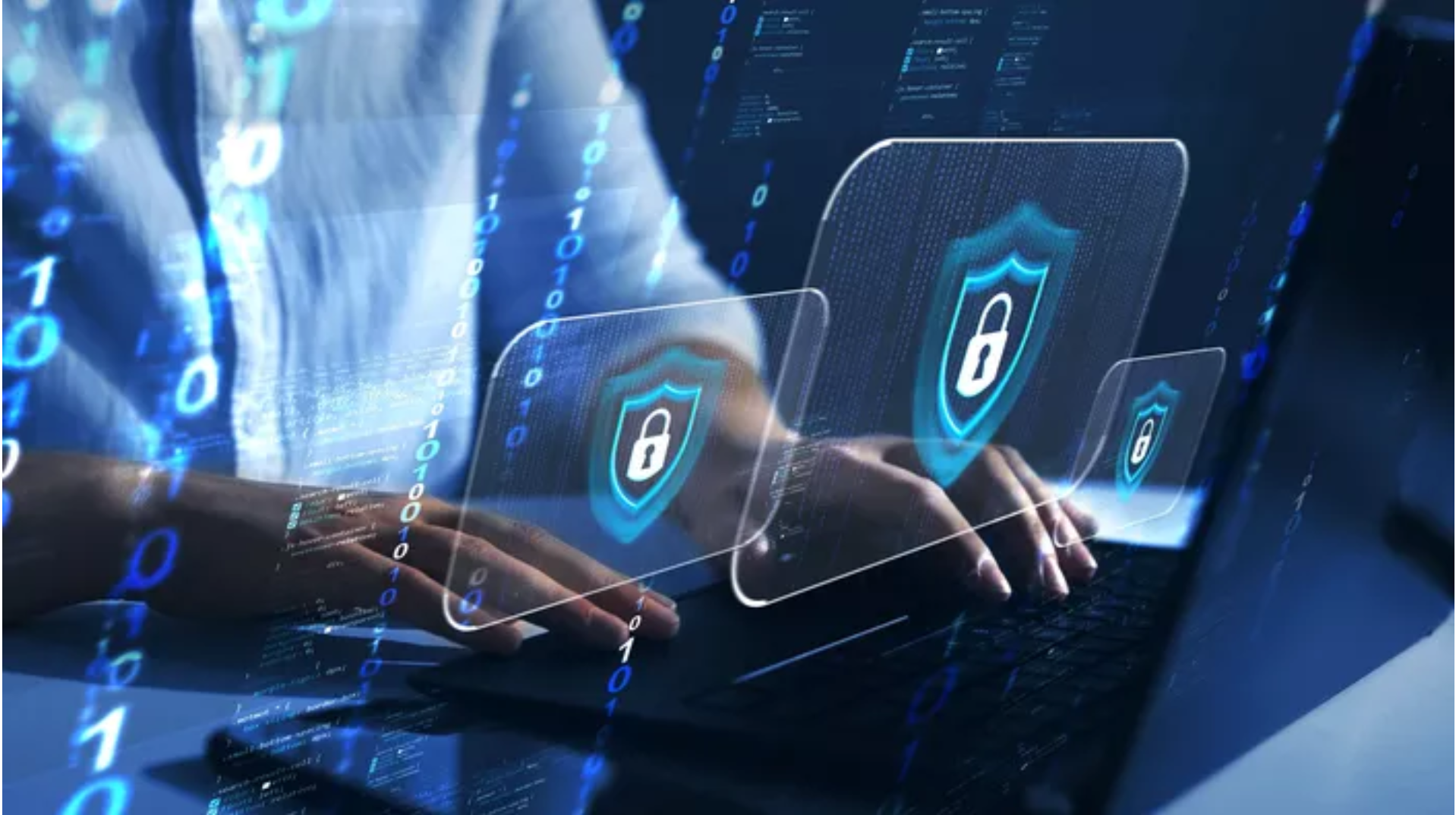Ensuring that a person is who they say they are is a major challenge in the digital economy.
Granting a consumer credit online, validating an important payment, authenticating an electronic signatory... With the growing digitalization of sensitive activities, having the guarantee in real time that a person behind their screen is who they say they are is who they say they are has become both an absolute necessity and a payer.On the one hand, for businesses, which must secure their customer journey without discouraging them with security measures that are too complex to to realize. On the other hand, individuals, anxious not to have their identity usurped online but often forced to repeat tedious manipulations, while sharing their critical data with a growing number of actors...
Under the dual impetus of European regulations and the explosion of computer fraud, the financial sector was the first to boost the market for strong digital identity authentication solutions. The eIDAS regulation and then the second European directive on payment services (PSD2) imposed on the digital world the need for “strong” authentication, in other words with several factors, for a certain number of sensitive transactions.
Other sectors have since been confronted with this need for the authentication of identities in real time: e-retailers, collaborative platforms that must ensure that their delivery-drivers are the declared ones, vehicle rental companies, car rental companies, online gaming companies... At the same time, hackers have sophisticated their attacks, and multi-factor authentication has shown that it is neither infallible nor capable of guaranteeing a user's identity. France Connect made the bitter experience last summer, by being forced to suspend access through the digital identity Ameli or impots.gouv due to fraud allowing hackers to access funding such as those from Mon Compte Formation.
Partnership with the National Gendarmerie
Hence the need for constant innovation in this market for authentication tools. Alongside large groups (Thales, Idemia, InGroupe) and more established players on the French market such as Docaposte, Archipels, IDnow (ex-AriadNext), young start-ups are also developing new solutions. Among them, ShareID, co-founded in 2020 by two French women, Sara Sebti, a specialist in financial risk analysis, and Sawsen Rezig, doctor in “computer vision” (artificial vision). They presented their technology at the Consumer Electronics Show in Las Vegas at the beginning of the month and have just raised 2 million euros to develop on the American market.
“We guarantee that the person behind their screen is who they say they are, by reproducing the level of requirement of an identity check by a policeman in the physical world.” Sara Sebti, CEO of ShareID
The two entrepreneurs have developed a digital identity solution linked to an official identity. “We guarantee that the person behind their screen is who they say they are, by reproducing the level of requirement of an identity check by a policeman in the physical world”, summarizes Sara Sebti, CEO of ShareID. It is precisely a partnership with the national police that allowed them to access the quantity of data they need on real and false identity documents used by forgers in 120 countries, in order to be able to train their algorithms and develop a relevant model.
Several major groups interested
From a user's smartphone, corporate technology can verify the authenticity of an official identity document (if it has been imitated or altered), capture a face and facial movement (smile, turn the head), and, from there, issue a reusable digital identity as needed. The user will only have to reproduce this head movement, without having to represent their identity document, to validate a payment or an operation via their smartphone. “It's much more robust than a code or a password, and, above all, we don't store any personal data at home,” insists Sara Sebti, who makes it an important differentiating factor compared to other solutions on the market, in a context where data protection has become a major challenge for companies and their service providers.
Among the start-up's first customers, two major banking groups, players in the world of electronic signatures and players in the crypto asset industry and Web 3, who are very mature in terms of technological need. “The future is a digital identity validated once, which allows users to connect with their official identifiers for any transaction on their smartphone”, believes Augustin Sayer, a partner at the Newfund fund, who led the fundraiser.
The young start-up is counting on the American market, which is at the same time more mature on the subject, easier to penetrate and a little less regulated, to help it grow and prove itself.






.png)